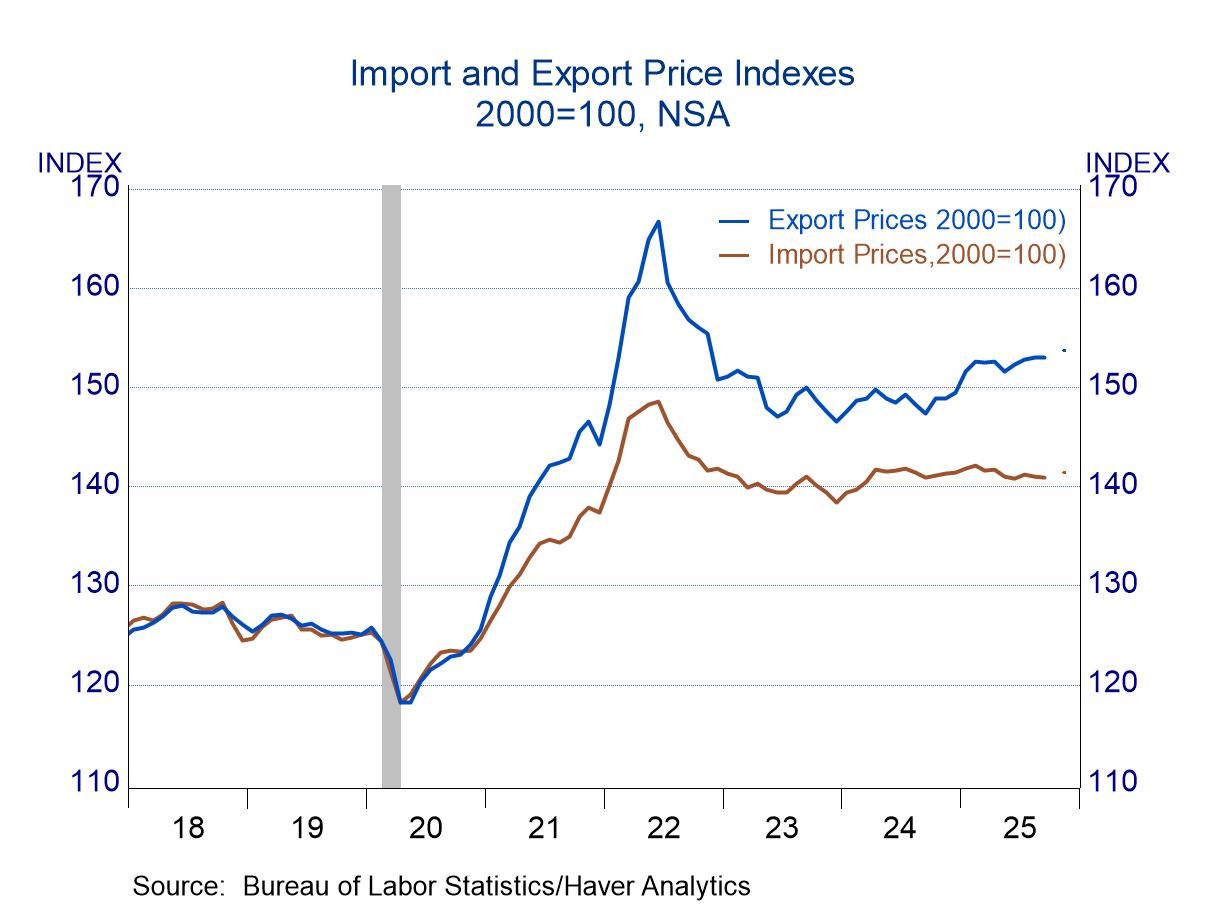French Consumer Confidence Weakens
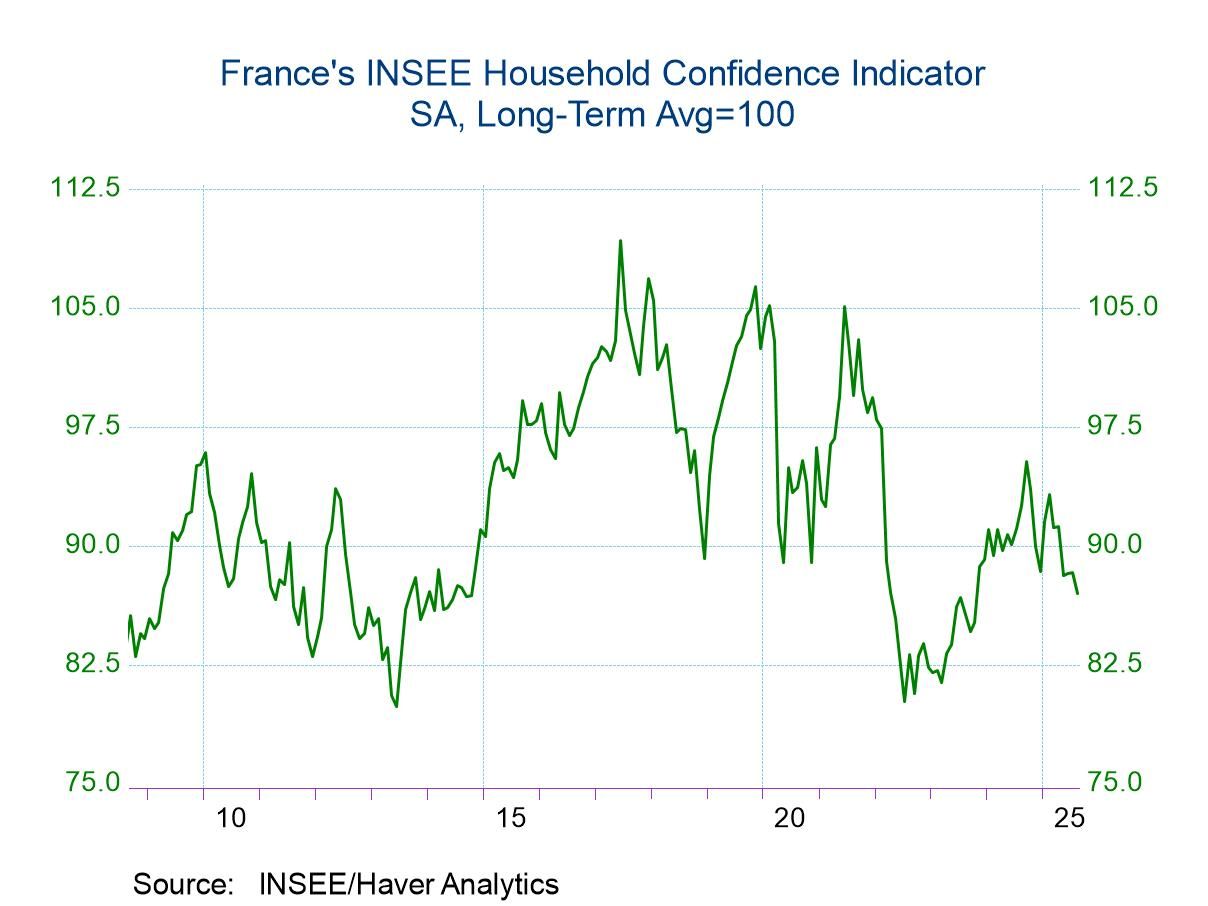
Low confidence French consumer confidence as reported by INSEE fell to 86.98 in August from 88.31 in July; the standing leaves that reading in its 21.7 percentile of data back to August 2004. This reading, which hovers between the lower 20th percentile and the 25th percentile, clearly indicates weak conditions and assessments on the part of French consumers.
Living standards past and future are poor The assessment of living standards over the last 12 months weakened in August to -74.2 from an assessment of -70.8 in July. Past living standards have a percentile standing in their 17.8 percentile placing them in the lower 20th percent of their historic queue of data.
Living standards for the next 12 months, a more pertinent reading, slipped to -63.9 in August from -61.5 in July. While the negative reading isn't as deep as for the past 12 months, the ranking of that rating is even worse in its lower 4-percentile! The expected living standards over the next 12 months have been weaker only 4% of the time back to August 2004. That is certainly a worrisome development.
Unemployment is more feared Unemployment expectations for the next 12 months moved up to an index value 55.6 in August from 54.2 in July and have a 73.5 percentile standing- a top 30% standing among historic data back to August 2004.
Inflation pressures exist and are tepid The assessment of prices for the last 12 months weakened to -8.5 in August from -6.1 in July; the past 12 months’ assessment of prices has 43.9 percentile standing, slightly below its median for this backward-looking horizon. However, assessments of prices for the next 12 months have a -26 rating, a higher reading than -30 in July and -40 in June; that bears a standing in its 52.4 percentile, above its historic median indicating that some further inflation pressure is expected- a bit more than normal.
Favorability to save The favorability to save and the ability to save over the next 12 months had dipped slightly in August, but they have very high standings as the favorability to save has an 88.5 percentile standing and the ability to save over the next 12 months has a 96.8 percentile standing.
Spending environment is still solid The environment for spending is somewhat mixed although generally quite solid and positive. The exception is the favorability to buy a car which slipped slightly in August and has a 39.7 percentile standing for that response which means that it's only less favorable to buy a car about 40% of the time. However, the favorability for home purchases and housing renovation, while both of them increased slightly in August, have standings in their 78.6 percentile and 88.5 percentile, respectively. The favorability to buy consumer durables improved in July and stayed at that reading of -4 in August; the reading corresponds to a 76.2 percentile standing which is roughly a top 25 percentile response.
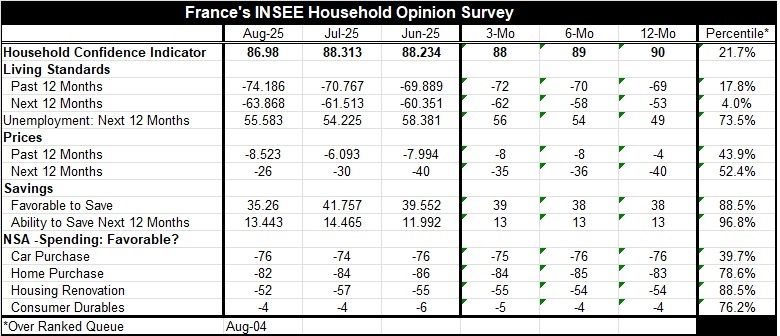
Summing up These responses suggest that day-to-day activity goes along fairly well as consumers find that they are able to purchase consumer durables, houses, and to engage in renovation relatively easily. Car buying is on the expensive side. However, there are concerns about unemployment that are relatively high by historic standards and there's a moderate concern about inflation. Somewhat oddly when consumers wrap these things together, their assessment of their living standards is extremely low and much worse than these other features of living. They put their expected living standards as lower only 4% of the time! The overall household or consumer confidence indicator has a standing that is weak and it's lower between 25 percent and 20 percent of the time. These are difficult days for French consumers, or at least they see it that way.
Robert Brusca
AuthorMore in Author Profile »Robert A. Brusca is Chief Economist of Fact and Opinion Economics, a consulting firm he founded in Manhattan. He has been an economist on Wall Street for over 25 years. He has visited central banking and large institutional clients in over 30 countries in his career as an economist. Mr. Brusca was a Divisional Research Chief at the Federal Reserve Bank of NY (Chief of the International Financial markets Division), a Fed Watcher at Irving Trust and Chief Economist at Nikko Securities International. He is widely quoted and appears in various media. Mr. Brusca holds an MA and Ph.D. in economics from Michigan State University and a BA in Economics from the University of Michigan. His research pursues his strong interests in non aligned policy economics as well as international economics. FAO Economics’ research targets investors to assist them in making better investment decisions in stocks, bonds and in a variety of international assets. The company does not manage money and has no conflicts in giving economic advice.



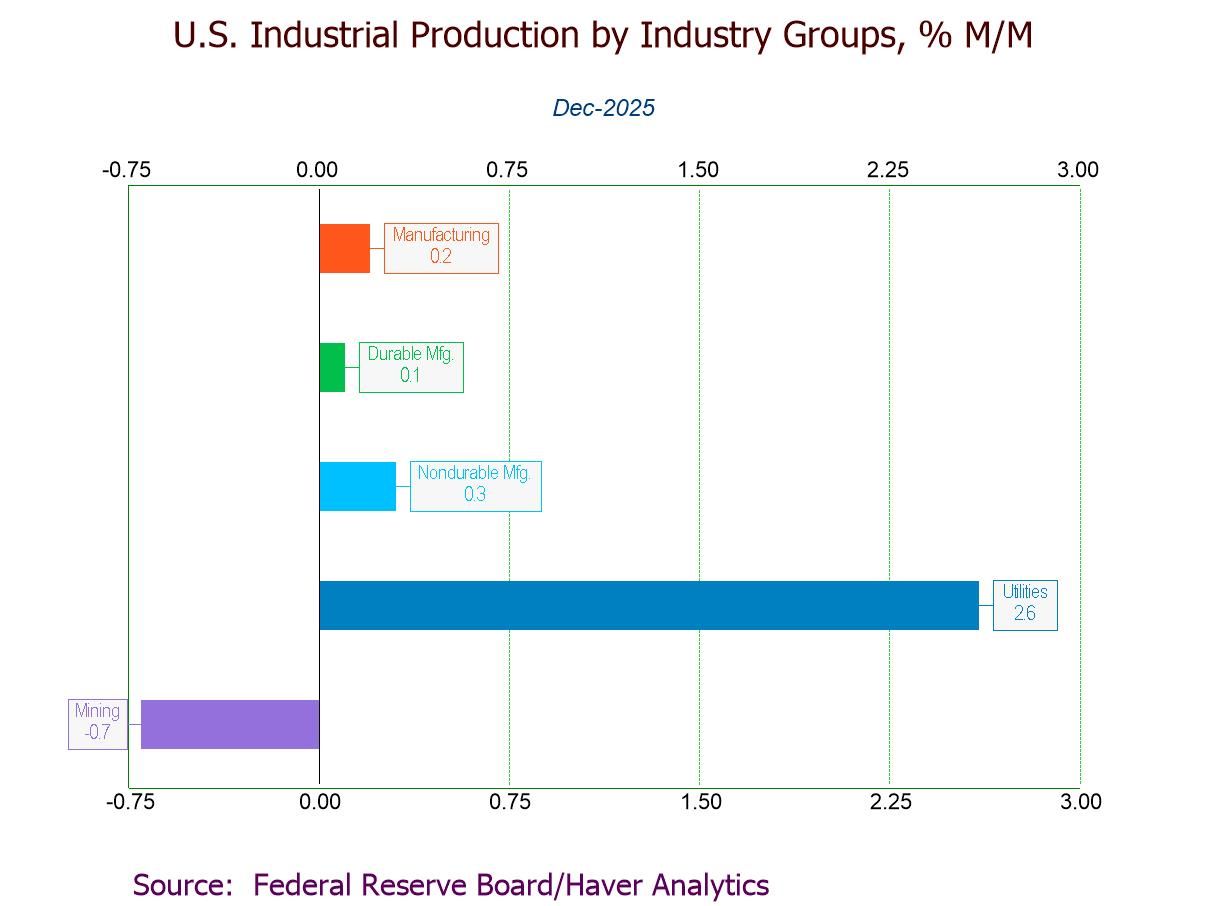
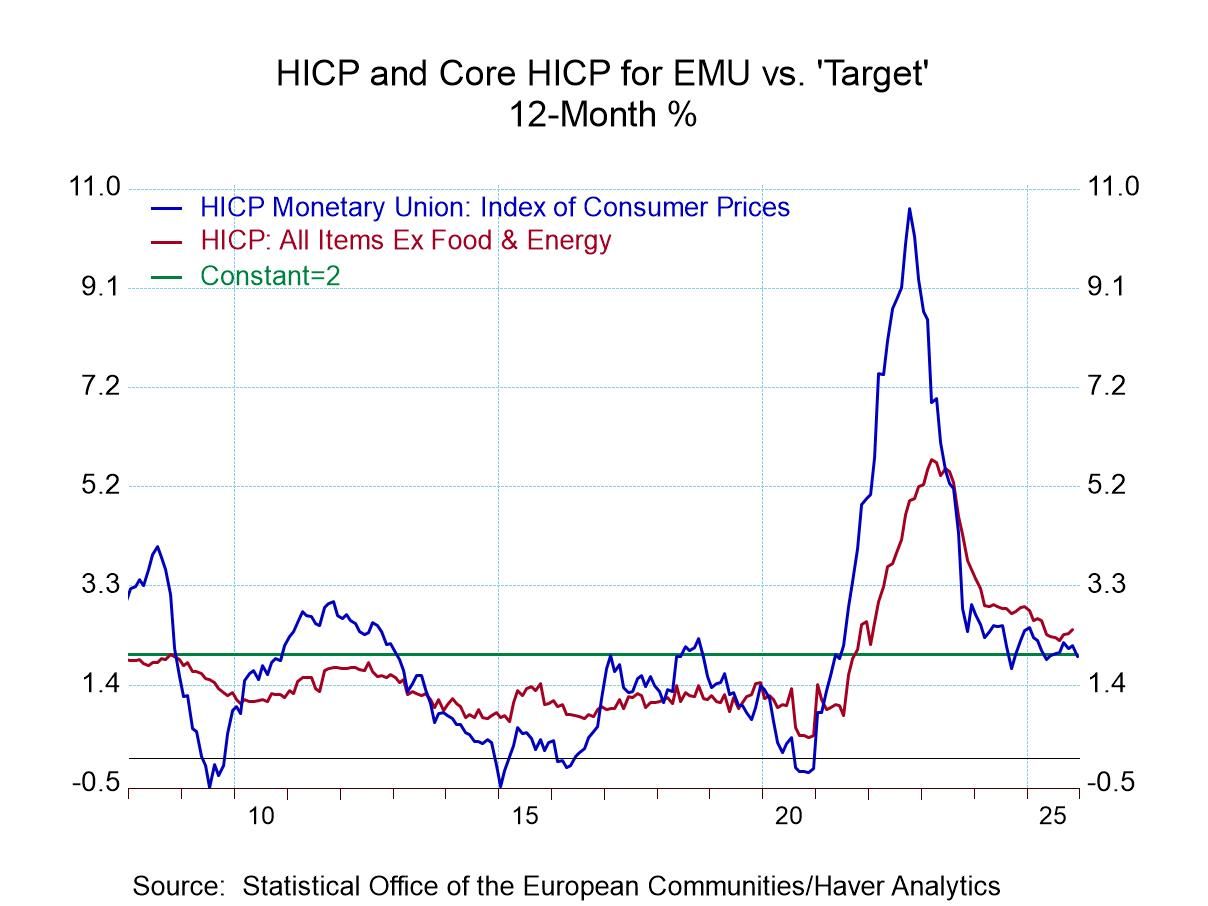
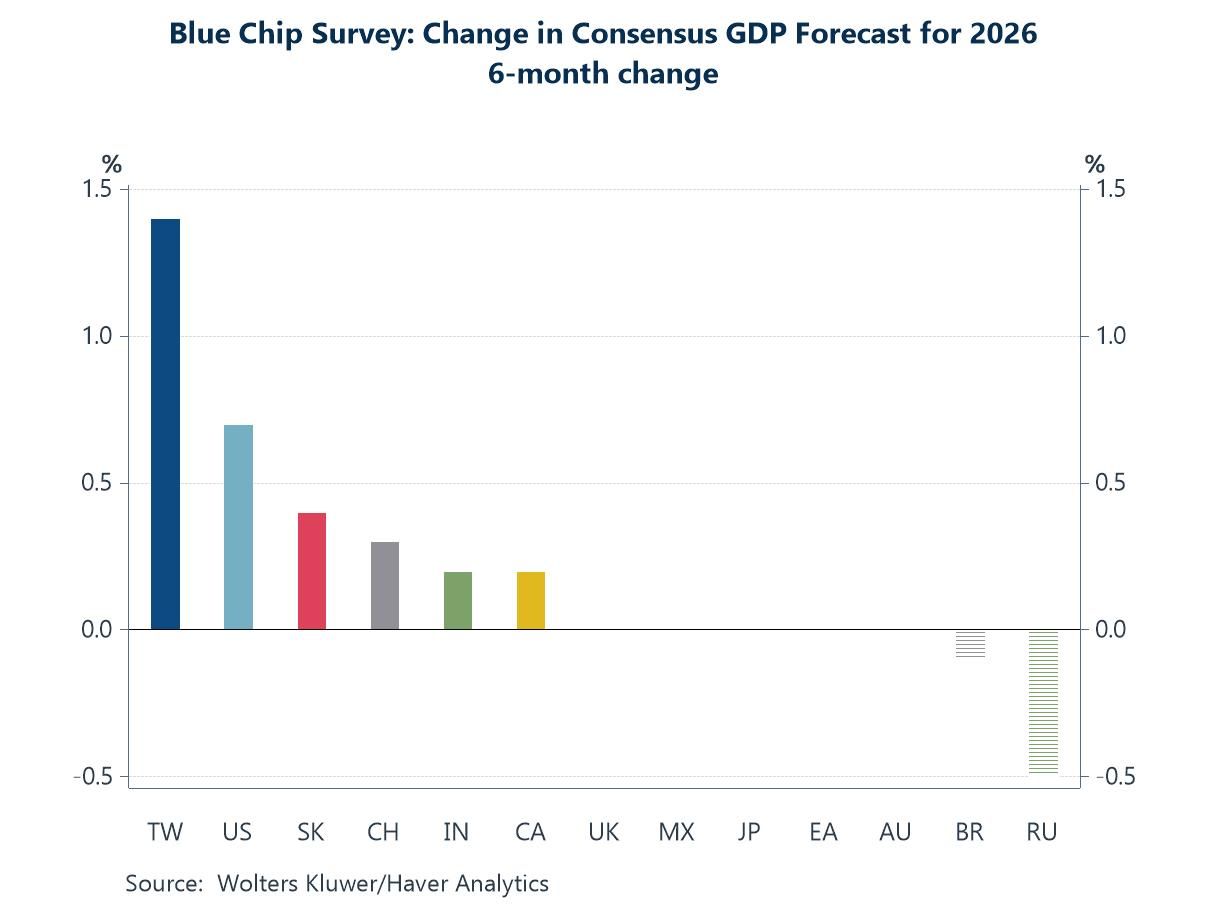
 Global
Global